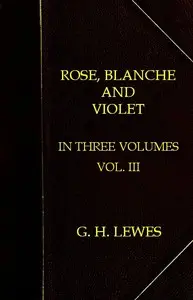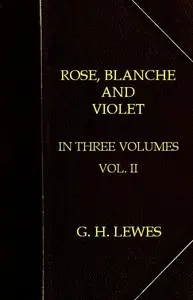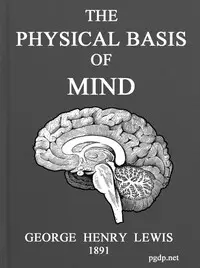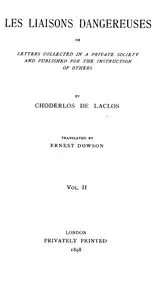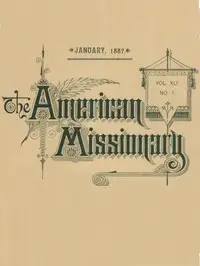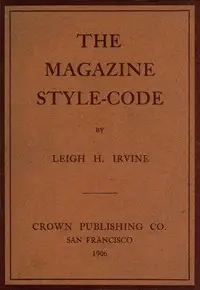"The Principles of Success in Literature" by George Henry Lewes is a treatise on literary theory written in the mid-19th century. The work explores the foundational elements that contribute to success in writing, focusing on the interplay between literature and social progress, and the attributes that foster literary excellence. Lewes aims to dissect various principles that lead to success in literature, seeking to provide a framework for aspiring writers. The opening of this work introduces the idea that literature serves as both a reflection and a catalyst for social evolution, highlighting the importance of thought and the pursuit of knowledge. Lewes discusses how societal complexity demands a literary response, asserting that true literary success is deeply rooted in sincerity, authenticity, and skillful expression. He firmly states that insight—distinct mental vision—is crucial for any writer, as it allows them to present their unique experiences authentically. Throughout his exposition, he underscores the necessity for writers to draw from their own experiences rather than merely reproducing the experiences of others, establishing a clear distinction between genuine creation and mere imitation. (This is an automatically generated summary.)

The Principles of Success in Literature
By George Henry Lewes
"The Principles of Success in Literature" by George Henry Lewes is a treatise on literary theory written in the mid-19th century. The work explores th...
George Henry Lewes was an English philosopher and critic of literature and theatre. He was also an amateur physiologist. American feminist Margaret Fuller called Lewes a "witty, French, flippant sort of man". He became part of the mid-Victorian ferment of ideas which encouraged discussion of Darwinism, positivism, and religious skepticism. However, he is perhaps best known today for having openly lived with Mary Ann Evans, who wrote under the pen name George Eliot, as soulmates whose lives and writings were enriched by their relationship, though they never married each other.

